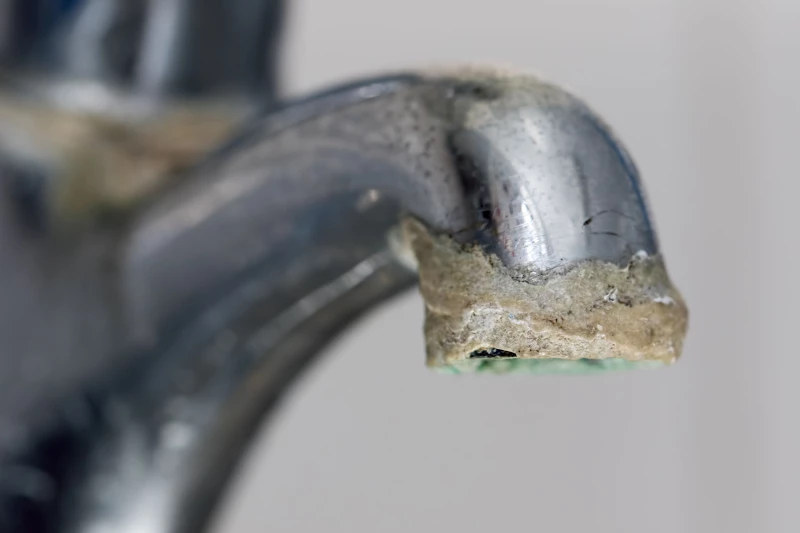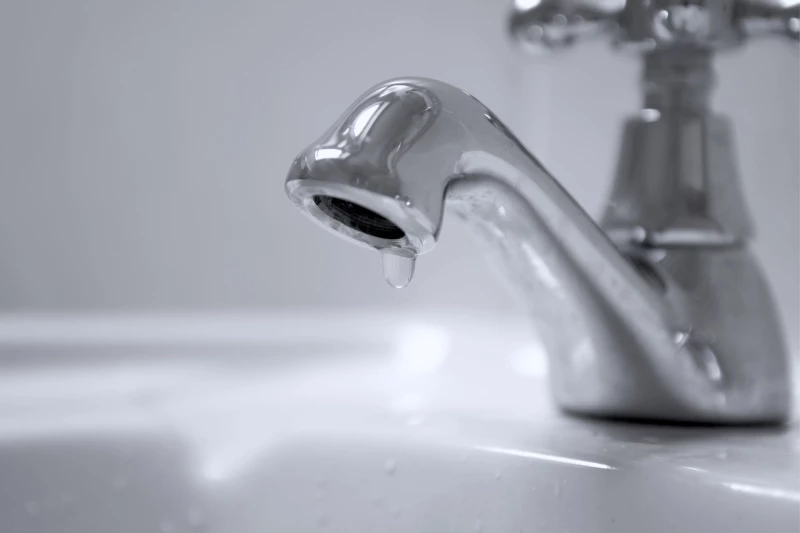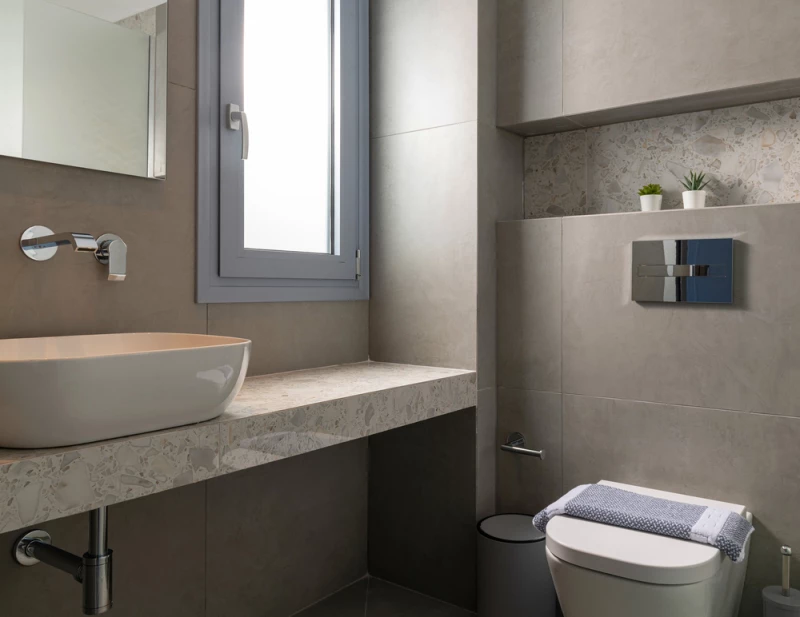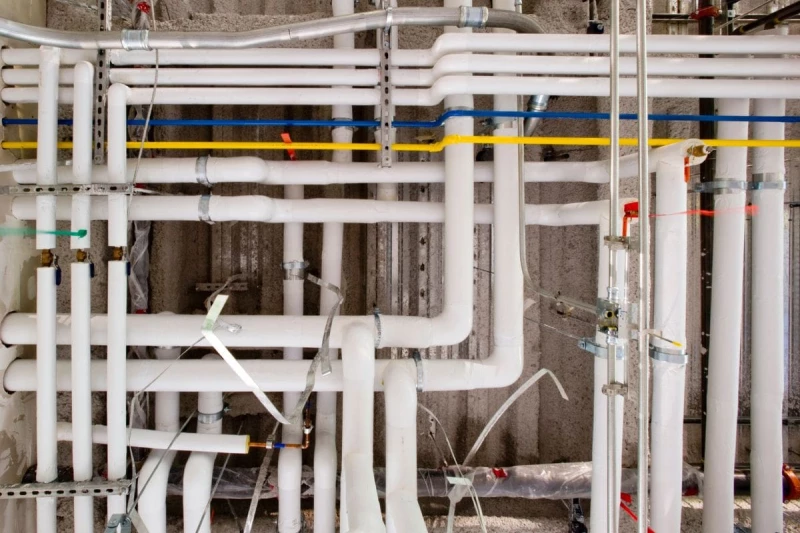Ever come across the term ‘hard water’ and wondered what it really meant? You’re probably not alone. In fact, most regions in Western Australia are known for having hard water so it’s not an uncommon phenomenon! In this article, we’ll answer any questions you may be having about hard water and what you can do to fix it.
How Can Water Be Hard?
When we say hard water, we are referring to the concentration of calcium in the water. Hard water has high concentrations of calcium and other minerals such as magnesium salts. In Western Australia, dissolved calcium and magnesium are prevalent in waterways. If you have hard water, you may be wondering if it’s safe to drink. The answer is yes, it is safe to drink. Any water supplied in Western Australia by the Water Corporation is safe to drink and meets all Australian health guidelines and standards.
Signs of Hard Water in Your Home
Whilst hard water is fairly common in Western Australia, you may notice other suburbs with higher levels of water hardness or higher calcium and magnesium concentrations than others. If you notice any of these signs, your home’s water may be considered hard water.
Stains on glassware and silverware
Ever wonder why your dishes and silverware never seem to come out as sparkling as when you first bought them? It’s probably because of the hard water. The minerals in hard water can cause a film to build up on your dishes, making them look cloudy or stained. This can be difficult to remove.
Your shower screens look foggy
When you have a shower, do you find that the glass screen or door gets covered in a white, chalky residue? This is again due to hard water and the minerals it contains. The calcium and magnesium deposits can leave a film on your shower screens that’s difficult to clean.
Dry skin and hair
Are you noticing dry skin, scalp, or dandruff? It could be because of hard water. The minerals in hard water can strip away the natural oils from your skin and hair, leaving them feeling dry and irritated.
There’s mineral build around your taps and shower heads
Hard water often results in a buildup of calcium and magnesium around your taps and shower heads. This is because the calcium and magnesium in hard water can stick to surfaces and form a hard, crusty deposit. Not only is this unsightly, but it can also reduce the efficiency of your appliances and affect your water pressure.
Your appliances slow down
You may notice when washing clothes, they are not cleaning as well as they used to. This is because the calcium and magnesium deposits can also build up in washing machines, dishwashers, and other appliances, making them less effective.
Your water has a metallic taste
In areas with high concentrations of dissolved minerals, you may notice your drinking water tastes unusual. This is due to the presence of magnesium, calcium, and other minerals that contribute to water hardness.
Your water bills start to climb
Now higher than average water bills can be a result of numerous plumbing issues from blocked drains to undetected water leaks. However, when you have hard water, excess mineral deposits can build up in your pipes making it difficult for water to flow through. This could lead to cracked pipes and leaks further along the line.
Hard Water vs Soft Water
Water hardness differs from state to state. For example, Western Australia is known for having water supplies with high concentrations whilst Victoria’s local water supplies have some of the country’s lowest concentrations of calcium and magnesium. People have differing opinions when it comes to which they prefer. When comparing hard and soft water, often many people will prefer soft water as it contains less calcium and magnesium carbonates and doesn’t leave behind as many mineral deposits, making it ideal for cleaning. However, others are not bothered by water hardness and actually prefer water that contains a higher concentration of dissolved minerals.
So What Exactly Can You Do About Hard Water?
For most inner suburban neighbourhoods, your water supply shouldn’t be an issue. However, if you live in an area with hard water, and want to enjoy the benefits of softer water, your plumber can help you with water softener installation. A water softening device is a whole home water filtration system that removes excess calcium and magnesium mineral content from your water through an exchange of calcium and magnesium ions for sodium ions. Leaving you with lower levels of water hardness in your drinking water, appliance water and shower water.
Concerned About Hard Water? Chat to Our Plumbers
If you’re based in Perth and have had it with hard drinking water, maybe it’s time to install a water softener? The plumbers at Swan’s Professional Plumbing travel throughout the whole Perth metropolitan region and are here to assist with all your plumbing needs. Whether you want to install a water softener, need help installing new appliances, or are experiencing any other plumbing issue, our experienced team is here to help. You can request a call out online or call us today on 1300 634 581 for your free quote.
Hard Water FAQs
Yes, most levels of hard water is safe for drinking. In fact, some people advocate for hardness due to the added calcium and magnesium minerals. However, hard water can cause issues with your plumbing fixtures and appliances, cause dry skin and leave behind unsightly mineral deposits. This is why many people choose to install a water softener to eliminate higher levels of water hardness.
When you’ve got hard water, it can be difficult removing mineral stains from shower screens or glass surfaces. However, there are a few different DIY remedies you can test out to get your surfaces looking crystal clear again. These include using either vinegar or baking soda on the affected area.
Perth's water is hard, meaning it contains high levels of minerals such as calcium and magnesium. The higher the concentration of these ions, the harder the water. In Perth, the hardness of tap water ranges from mildly hard to very hard.




